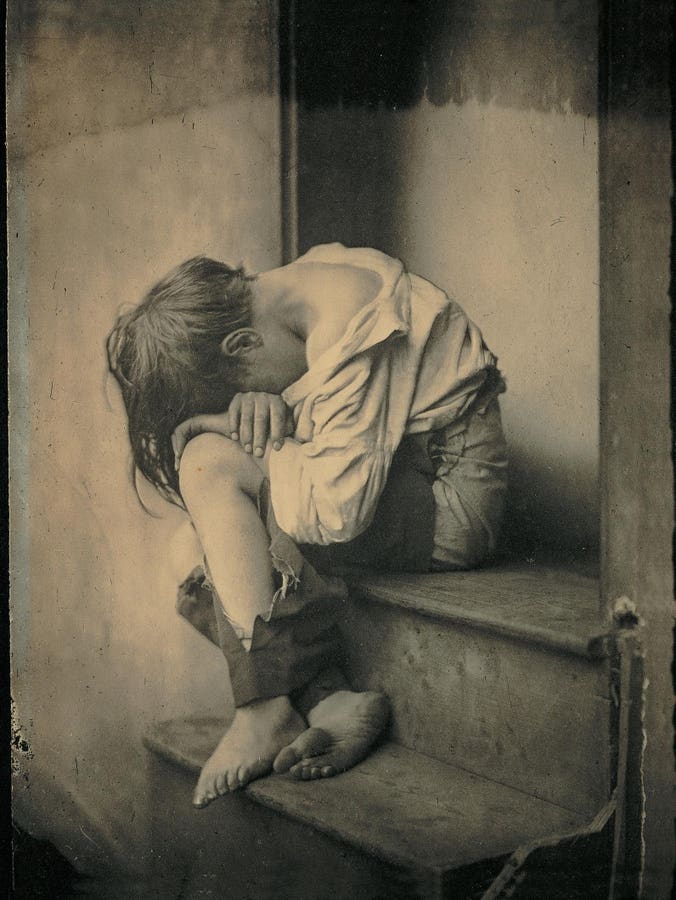A new meta-analysis of 57 studies including over half a million people found that childhood trauma is associated with a 45% higher risk of developing chronic pain and pain-related disability in adulthood.
Researchers estimate that more than one billion children experience trauma or go through what is known as “adverse childhood experiences.” This includes a child being physically, sexually or emotionally abused/neglected by a parent or their primary caregiver. Other adverse childhood experiences can be witnessing the death of a loved one, divorce, and feeling trapped in hostile household environments.
“These results are extremely concerning, particularly as half of the global child population are exposed to adverse childhood experiences each year, putting them at increased risk of chronic pain and disability later in life,” said lead author Dr André Bussières from McGill University, in a press release.
“There is an urgent need to develop targeted interventions and support systems to break the cycle of adversity and improve long-term health outcomes for those individuals who have been exposed to childhood trauma,” added Bussières.
A 2016 Pediatrics study reported that in 2019, the prevalence of adverse childhood experiences was at least 44% in high-income countries and 59% in low and middle-income countries. Childhood trauma could result in financial losses worth approximately $1.3 trillion every year in North America and Europe, according to a Lancet study.
To better understand how childhood trauma could debilitate people well into their adulthood, Bussières and colleagues conducted a meta-analysis of 57 studies which were published across 75 years. The studies included over 500,000 adult participants who were directly exposed to at least two types of adverse childhood experiences. Their analysis further revealed that exposure to adverse childhood experiences is associated with common chronic pain conditions like back and neck pain. The results were published in the journal European Journal of Psychotraumatology on December 18, 2023.
“Adult patients exposed to adverse childhood experiences may not be achieving optimal health outcomes due to the physiological and psychological effects of toxic stress,” the researchers noted. “While the relative contributions of these mechanisms are not yet well understood, emerging evidence links adverse childhood experiences to changes in genetic expressions that affect structural and functional changes in the brain and clinical phenomena in adulthood.”
“Childhood neglect also predicts a flattened cortisol profile in adults, which, in turn, predicts elevated daily pain and emotional symptoms. A wide range of psychological, social, and contextual factors need to be considered in the development, maintenance, and treatment of chronic pain conditions,” they added. “Our findings support the need to broaden healthcare provider understanding of the associations between adverse childhood experiences and chronic pain, and adequately prepare them to provide trauma-informed care pain management.”
This form of pain management aims to empower patients to regain a sense of control and emotional safety by not only identifying childhood trauma but also assessing the patient’s response to those adverse experiences.
Basically, adults suffering from chronic pain can benefit from holistic treatments that include all forms of healing — physical/occupational therapy, individual pain psychology, and medication regimens, according to a 2021 study in The Clinical Journal of Pain.
Read the full article here





